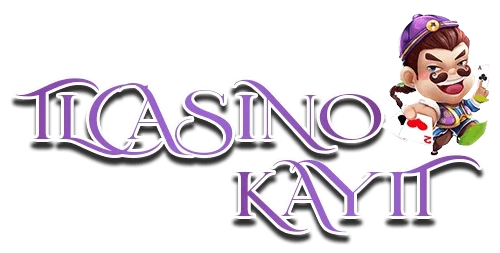PlayStation Games Sci-Fi Paling Memukau
Genre sci-fi memadukan teknologi futuristik, cerita mendalam, hino99 login dan desain dunia kreatif. PlayStation games sci-fi terbaik menekankan visual memukau, gameplay inovatif, dan narasi yang memikat, sehingga sering disebut Best games karena mampu membawa pemain ke dunia futuristik yang imersif.
Mass Effect Legendary Edition menonjol dengan cerita sci-fi yang bercabang dan karakter yang kompleks. Pemain dapat membuat keputusan strategis yang memengaruhi jalannya cerita, membangun hubungan dengan karakter lain, dan menjelajahi planet-planet asing dengan grafis futuristik yang memukau.
Horizon Forbidden West menambahkan unsur sci-fi dengan teknologi mesin raksasa dan ekosistem futuristik. Pemain dapat menjelajahi dunia luas, menggunakan senjata dan alat canggih, serta memecahkan misteri masa depan yang menarik. Grafis dan desain dunia membuat pengalaman bermain terasa nyata.
Dead Space remake menghadirkan horor sci-fi yang menegangkan. Pemain menjelajahi pesawat ruang angkasa yang misterius, menghadapi makhluk alien, dan memanfaatkan peralatan futuristik untuk bertahan hidup. Atmosfer gelap dan efek audio membuat setiap langkah menegangkan.
PSP games pun memiliki sci-fi yang menarik. Patlabor: The Mobile Police menghadirkan robot dan teknologi futuristik di dunia imersif. Pemain harus mengendalikan mecha, menyelesaikan misi, dan menghadapi musuh AI, memberikan pengalaman handheld yang seru.
Crisis Core: Final Fantasy VII menambahkan elemen sci-fi dengan senjata futuristik dan teknologi dalam dunia fantasi. Pemain dapat menggabungkan skill dan senjata canggih untuk menghadapi musuh, membuat pengalaman RPG lebih seru dan mendalam.
Kesimpulannya, PlayStation games sci-fi terbaik memadukan visual futuristik, gameplay inovatif, dan narasi memikat. Judul-judul ini dianggap Best games karena mampu membawa pemain ke dunia teknologi dan fantasi yang menegangkan serta memukau secara visual.

